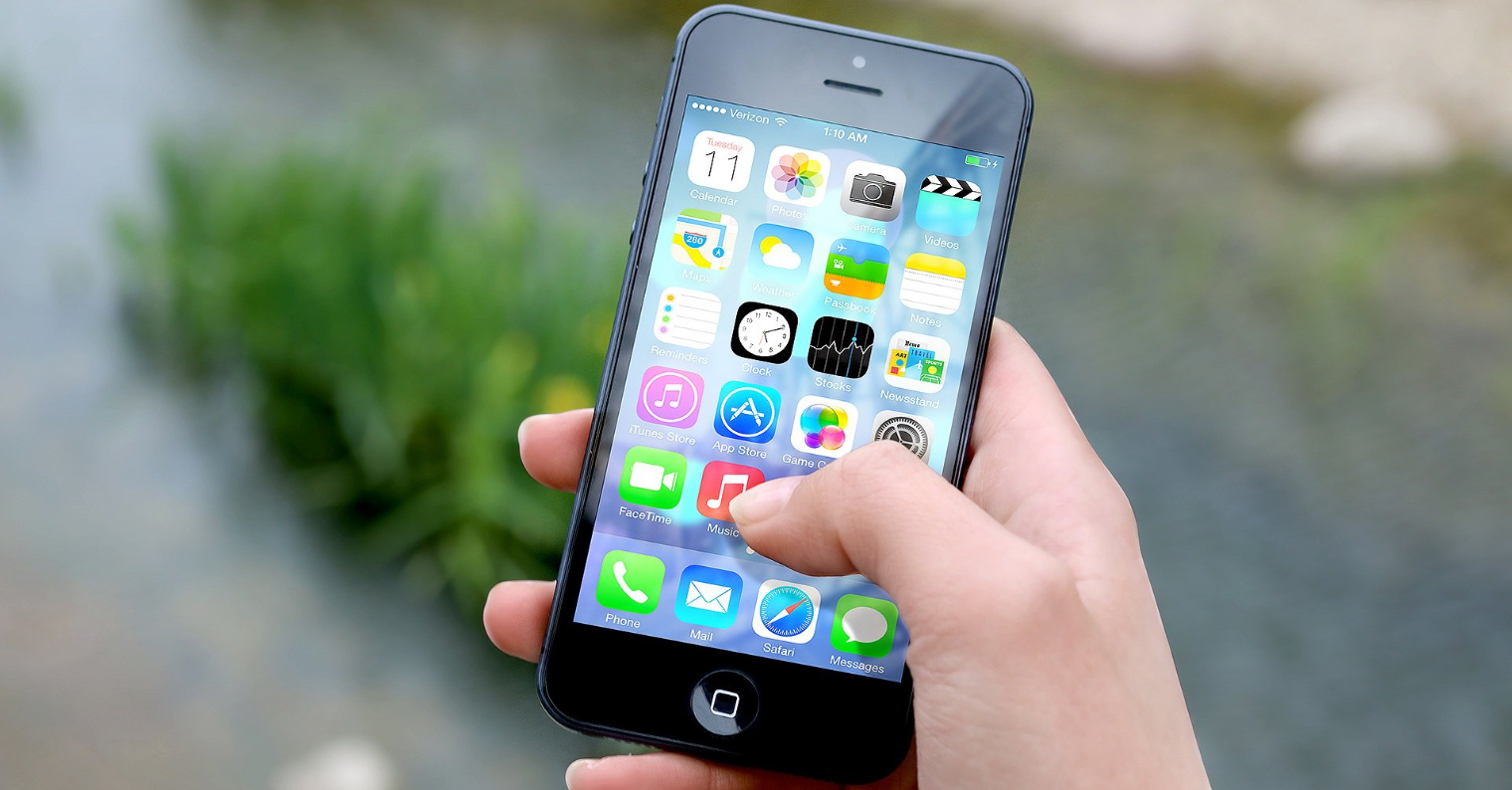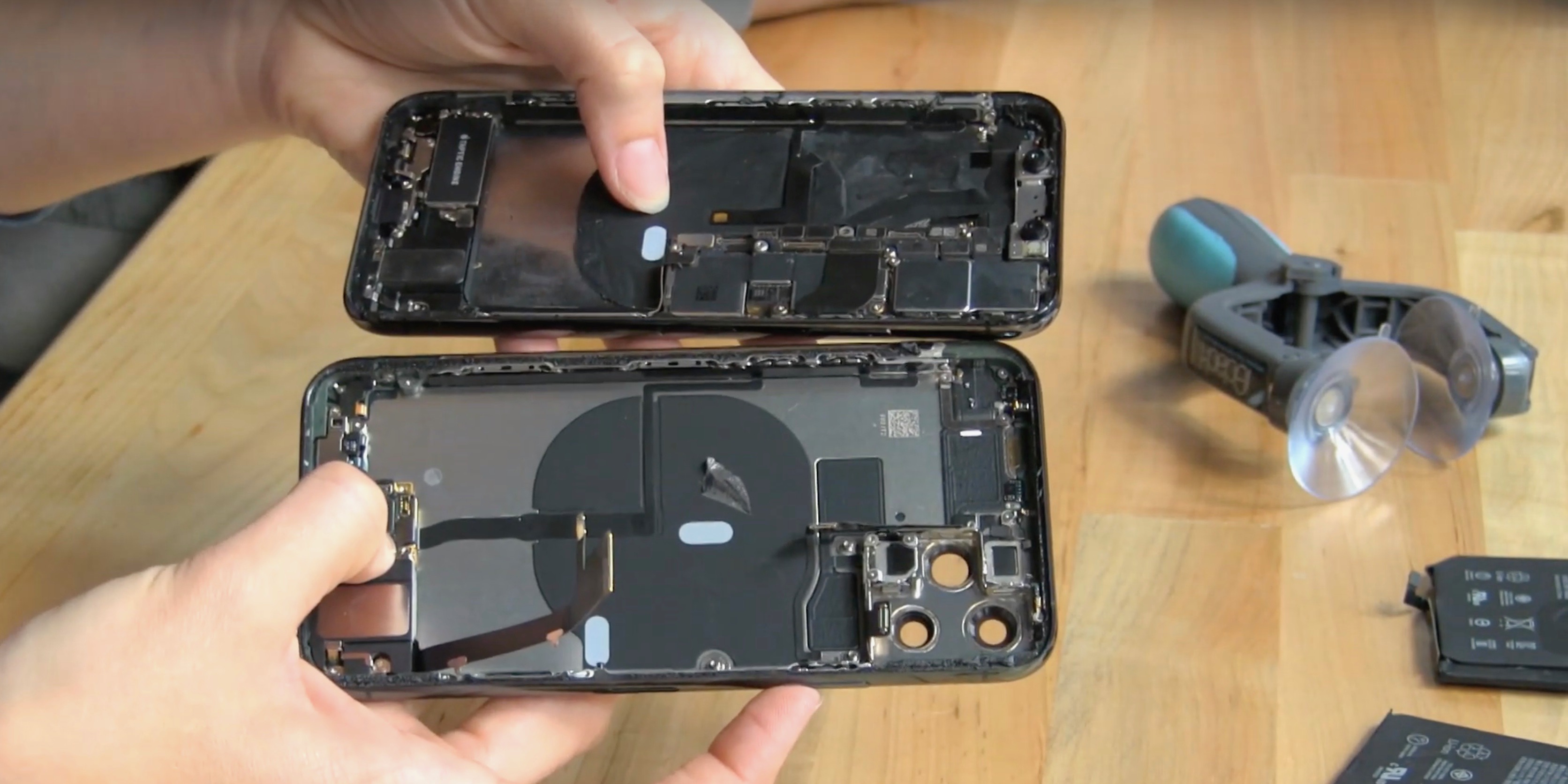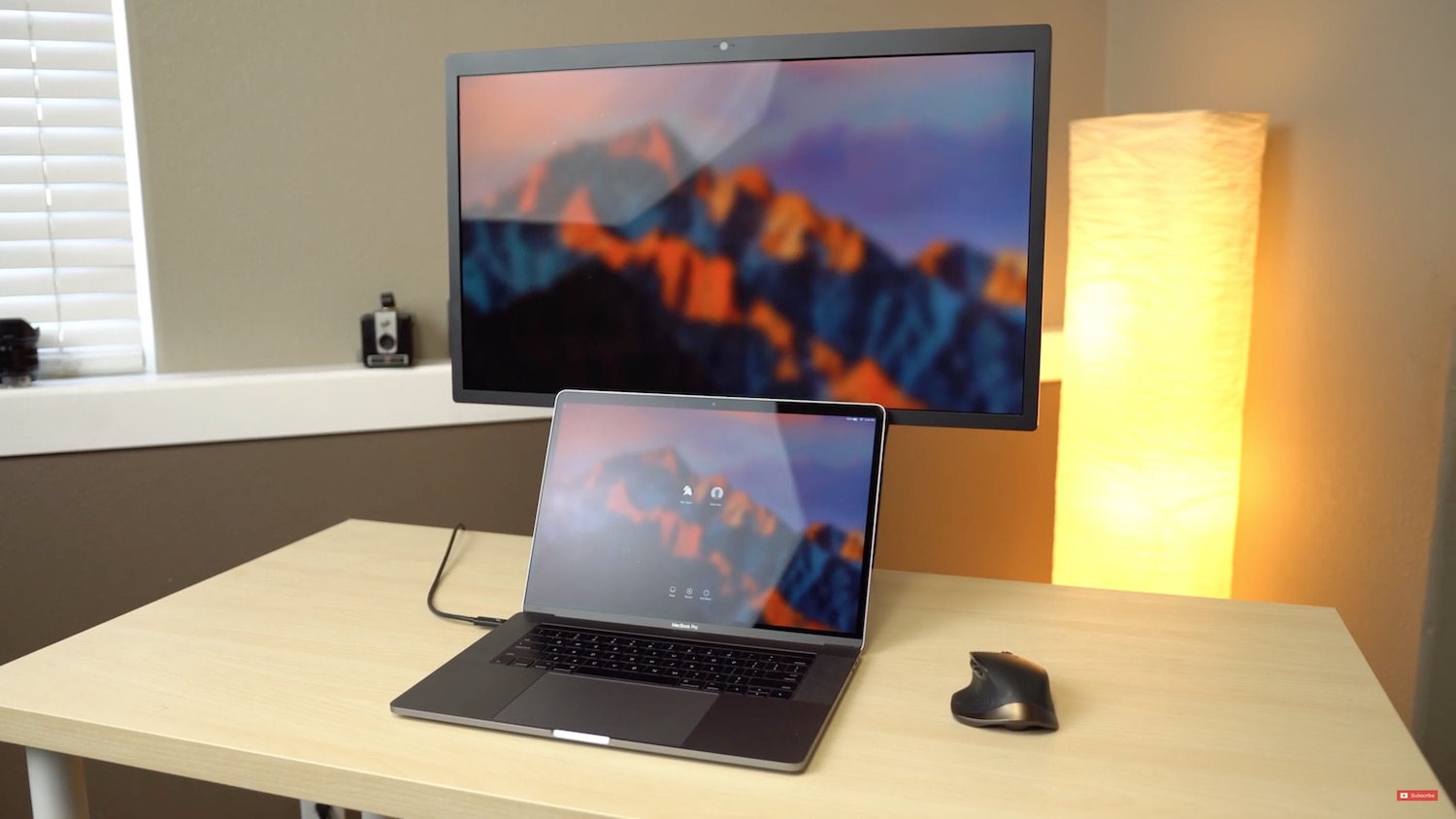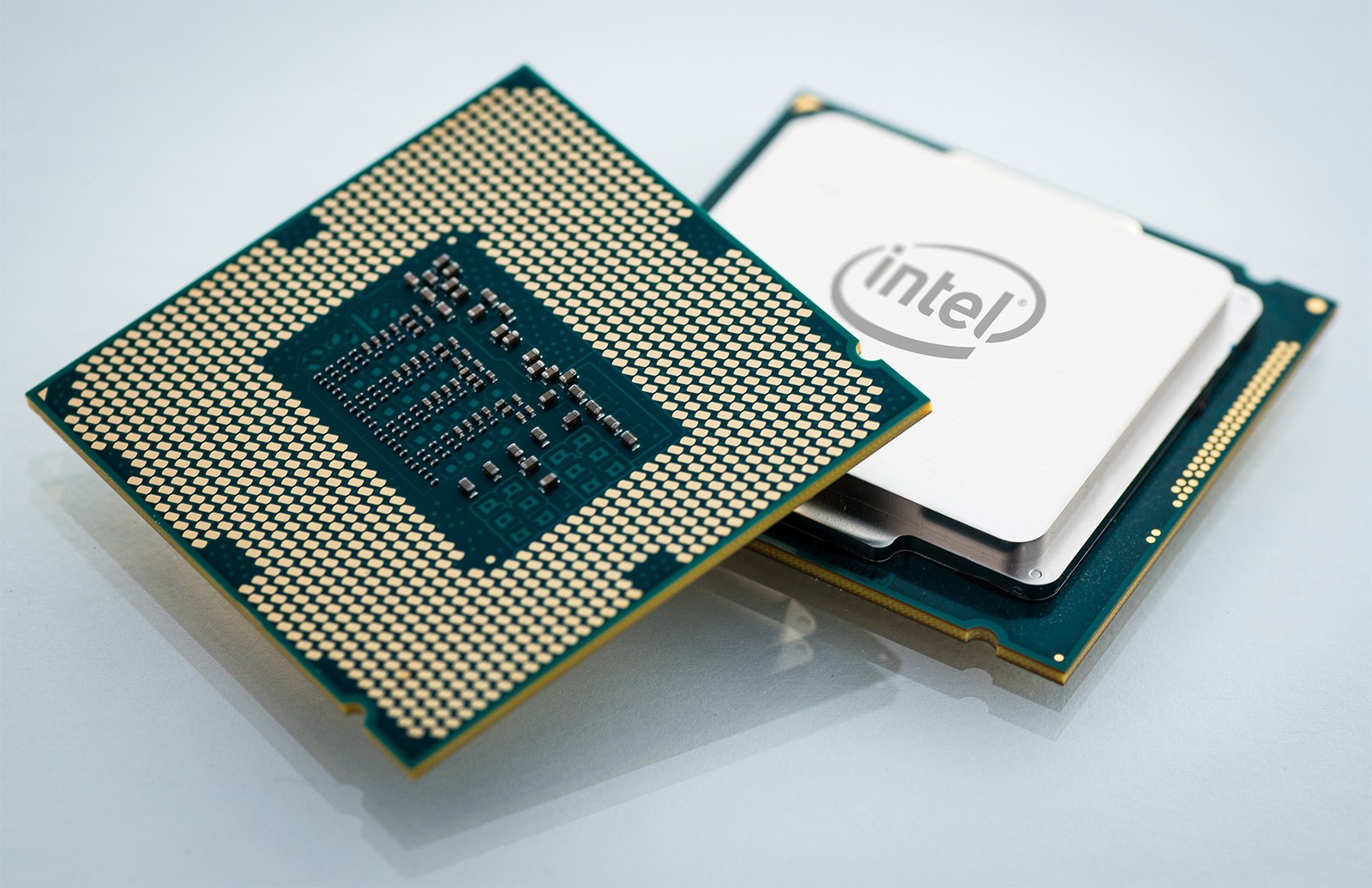We follow up on last week with another overview of the most interesting things that happened in the IT world in the past 7 days. This time there is not so much, so let's recap the most interesting.
It could be interest you

While iPhones feature wireless charging as far back as the second generation iPhone, the competition on the Android platform is far behind in this regard. Xiaomi this week presented a new version of the charging solution that can charge the phone up to 40 W, which is a huge leap compared to Apple (with its 7,5 W). A modified one was used for the test Xiaomi Mi 10 Pro with a battery capacity of 4000 mAh. In 20 minutes of charging, the battery was charged to 57%, then a full charge required only 40 minutes. For now, however, it is only a prototype, and the charger also had to be cooled by air. The most powerful wireless chargers currently available on the market handle charging up to 30W.

The coronavirus epidemic affects all possible suppliers and subcontractors of components that are used in the production of various types of electronics. Last time we wrote about the problems of phone manufacturers, but the situation is similar in other industries. Companies involved in the production of panels were also hit fairly hard monitors. The production of flat screens fell by more than 20% in the month of February. In this case, it is mainly panels for classic PC monitors, not mobile/television panels. Map of the coronavirus is available right here.

In the past few days, Intel and its holes in the security of processors, which have been written about for almost two years, have once again come to the fore. Security experts have managed to find a new imperfection in security, which is tied to the physical design of individual chips and thus cannot be patched in any way. A new bug to write about <a href="https://cdn.shopify.com/s/files/1/1932/8043/files/200721_ODSTOUPENI_BEZ_UDANI_DUVODU__EN.pdf?v=1595428404" data-gt-href-en="https://en.notsofunnyany.com/">here</a>, particularly affects DRM, file encryption and other security features. The most talked about security issue is that it was discovered last year and Intel had to "fix" the security flaws. However, it has now become clear that the fixes mentioned by Intel do not work very well and practically cannot even work, as this is a problem given by the design of the chips as such.

The news that Apple will pay came out of the US this week out of court settlement case involving iPhones slowing down. A class-action lawsuit was brought against Apple, which came to a successful end (for the lawyers and the victims). Apple should thus pay out the damaged users (roughly $25 per iPhone). However, the biggest profit from this lawsuit will be the lawyers, who will receive a tax share of the settlement, which in this case means about $95 million. While Apple will spend some small change out of pocket with this move, the company can continue to deny any blame and avoid legal action.

To wireless. fast charging - only a total illiterate contradicts any laws of physics!! It is only a matter of time when and who will be wireless as a result of the "phenomenon". quickly charged confronted.
Humanity, with the exception of a few individuals, is insensitive. Evidence?! COVID-19!!!
Apple, Intel, Samsung, ..., the same bunch of mammoths based on profit at the expense of the customer.
Did you break into the computer in the chief psychiatrist's office?